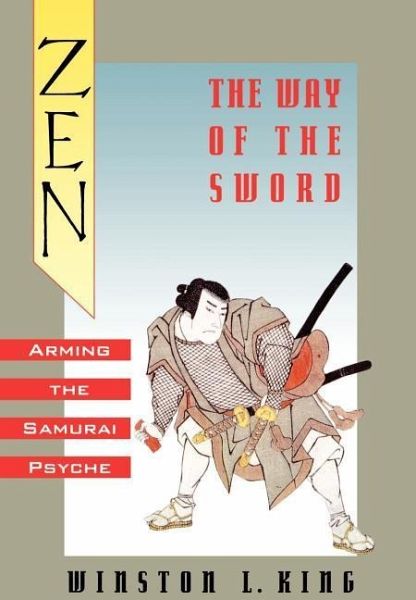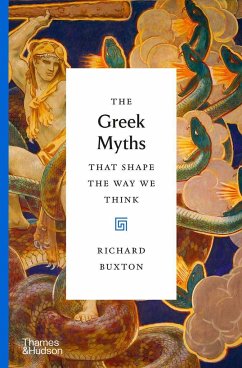
Zen and the Way of the Sword
Arming the Samurai Psyche
Versandkostenfrei!
Versandfertig in über 4 Wochen
78,99 €
inkl. MwSt.

PAYBACK Punkte
39 °P sammeln!
Zen and the Way of the Swod goes to the heart of the samurai ethos by examining the traditional cult of the sword and its relationship to the beliefs and practices of Zen Buddhism. The sword, King demonstrates, was seen as the soul of the samurai, and swordmanship was both a fine art and a spiritual discipline, the practice of which could lead to superhuman concentration of mental and physical energy and absolute indifference in the face of death. King here presents a detailed analysis of how Zen meditation techniques helped the samurai achieve iron discipline of mind, body and emotion and how the Zen doctrine of the "Great Death" of the self harmonized with the warrior's need to be ready for death at every moment. Surveying the origins and history of the warrior class and the ancient traditions of the sword and sword-making, King reveals how the surprising alliance between Zen and the Samurai came about, and how Zen rationalized its disregard of the ancient Buddhist tradition of non-violence. His conclusions raise important questions about the ethical status of Zen and its relation to society and shed new light on the values of Japanese culture.
Zen--serene, contemplative, a discipline of meditation associated with painting, rock gardens, and flower arranging--seems an odd ingredient in the martial psyche of the Japanese samurai. But the author reveals the role of Zen in the thought, culture, and the martial arts of Japan's soldier elite. King shows how the samurai cultivated Zen and found strength in it as they prepared themselves for combat and possible death. 16 line drawings.












